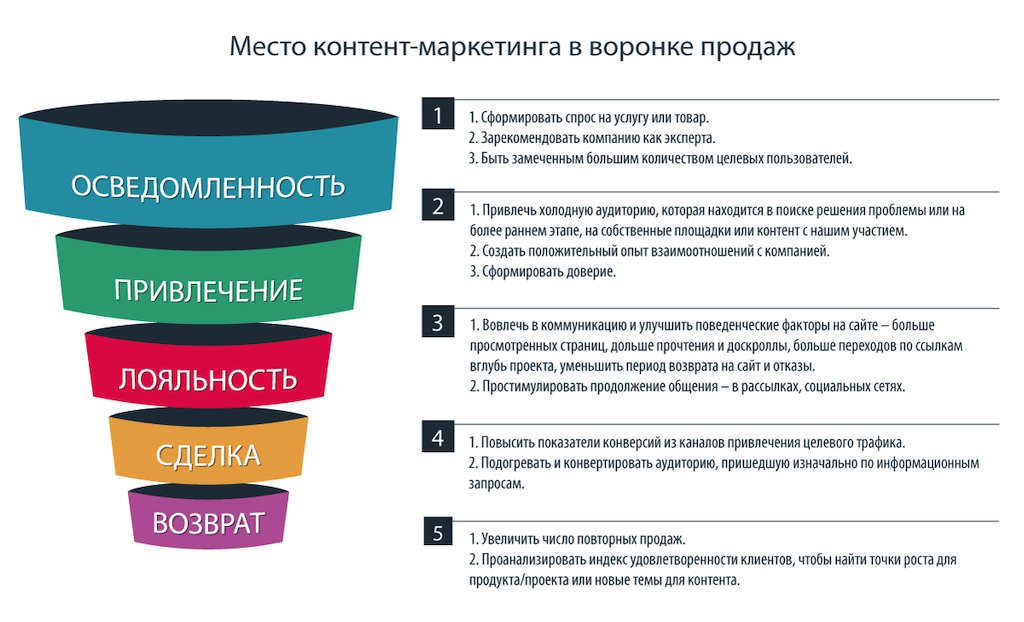Plans and methods
In the world of business and marketing, increasing sales is one of the main goals of companies. Every business wants to attract more customers and increase its profits. In this article, we will present you with a plan and methods that will help you increase sales and achieve success in your business.
1. The first step to increasing sales is to fully understand your target audience. Study their needs, preferences, and problems. This way, you can create products or services that are relevant and interesting to your audience.
2. Set goals: Set specific goals and plans to increase sales. Be realistic and measurable in your goals so you can track your progress and success.
3. Use marketing: Develop a marketing strategy that will help you attract more customers. Use various marketing channels such as social media, email, content marketing, etc. to reach your target audience.
4. Create selling texts: Use copywriting and create sales copy that is persuasive and will interest your audience. Focus on the benefits and advantages that your product or service can bring to customers.
5. Provide excellent customer service: Focus on customer service. Respond to their questions and concerns promptly and professionally. Create a positive customer experience so that they remain satisfied and recommend you to others.
6. Implement a loyalty program: Create a loyalty program for your customers. Provide them with bonuses, discounts, and privileges for their loyalty. This will help retain customers and encourage them to make repeat purchases.
7. Conduct promotions and special offers: Offer promotions and special offers that will interest your customers. Create a limited offer or discount on certain products or services
Increase sales
1. Understand your target audience. Before you begin developing a sales growth strategy, it is important to fully understand your target audience. Learn their needs, preferences, and problems. This way, you can tailor your products or services to their needs and offer them more targeted solutions.

2. Improve the quality of your product or service. The quality of your product or service is a key factor influencing sales. Continuously work on improving quality to meet customer needs and expectations. Invest in research and development to create a product or service that is better than competitors and more interesting to customers.
3. Use effective marketing strategies. Develop a marketing strategy that will help you attract new customers and retain existing ones. Use various marketing channels such as social media, search engine optimization, content marketing, etc. to reach your target audience. Be creative and innovative in your approaches to stand out from the competition.
4. Create a unique value proposition. Identify the unique value proposition of your business that differentiates you from your competitors. Think about what makes your product or service special and valuable to customers. Emphasize this in your marketing and customer communications.
5. Use network marketing. Establish partnerships and collaborate with other businesses to expand your audience and increase sales. Consider creating affiliate programs or joint promotions that will benefit both you and your partners.
6. Improve customer service. Excellent customer service is one of the key factors in increasing sales. Train your employees to be friendly, knowledgeable, and responsive to customer needs. Respond to customer questions and concerns promptly.

Introducing a sales funnel
Однако, многие предприниматели сталкиваются с проблемой — как эффективно управлять процессом продаж и достичь желаемых результатов. Мы рассмотрим важный инструмент для увеличения продаж — воронку продаж.
Что такое воронка продаж? Воронка продаж — это модель, которая представляет собой последовательность этапов, через которые проходит потенциальный клиент, прежде чем совершить покупку. Она помогает организовать и оптимизировать процесс продаж, улучшить конверсию и увеличить продажи.
The sales funnel consists of several stages:
1. Attracting attention: На этом этапе ваша задача — привлечь внимание потенциальных клиентов к вашему продукту или услуге. Используйте маркетинговые каналы, такие как социальные сети, контент-маркетинг, реклама и другие инструменты, чтобы привлечь целевую аудиторию.
2. Capture contacts: Once you have attracted attention, it is important to capture the potential customers’ contact information. This may be through a newsletter sign-up, filling out a form on your website, or other methods. It is important to offer something of value in exchange for contact information, such as free content or a discount.
3. Lead qualification: Not all captured contacts are qualified leads. At this stage, you need to evaluate the potential of each lead and determine how well they fit your target audience. This will help you focus on the most promising leads and improve sales efficiency.
4. Suggestion: At this stage, you offer your product or service to a potential client. It is important to highlight the benefits and advantages they will receive from your offer. Use convincing arguments and create sales texts to convince the client to make a purchase.
5. Conclusion of the transaction: This stage involves the customer making a purchase. Make sure the purchasing process is simple and convenient so that the customer does not experience any obstacles in completing the transaction. Provide various payment options and ensure the security of the customer's data.
6. After-sales service: Once the deal is closed, don’t forget about customer service. Provide support, answer their questions, and resolve issues. Create a positive experience for your customers so that they become repeat customers and recommend you to others.
By implementing a sales funnel into your business, you can manage your sales process more effectively and increase conversion. Analyze each stage of the funnel, optimize it, and test different strategies to find the most effective ways to attract and retain customers.

We conduct a mystery shopper
One effective tool to achieve this goal is the use of mystery shoppers. In this article, we will look at what a mystery shopper is and how using it can help increase sales.
Что такое тайный покупатель? Тайный покупатель — это специально нанятый человек, который представляет собой потенциального клиента и посещает ваше предприятие для того, чтобы оценить качество обслуживания, выполнение стандартов работы и общее впечатление от взаимодействия с вашей компанией.
Mystery shoppers perform a number of tasks:
1. Service Quality Assessment: Mystery shoppers assess how politely and professionally employees serve customers. They may check aspects such as waiting time, quality of advice, and effectiveness in resolving customer problems.
2. Checking for compliance with work standards: Mystery shoppers can check to see how well employees are complying with the company's work standards. This may include checking that the premises are clean and tidy, that merchandise is correctly displayed, and that price tags are correct.
3. Overall Experience Assessment: Mystery shoppers assess the overall experience of interacting with your business. They can assess the atmosphere, comfort level, and customer satisfaction.
Benefits of using mystery shoppers to increase sales:
1. Feedback: Mystery shoppers provide valuable feedback about your business. They can identify service gaps that you can improve to improve customer satisfaction.
2. Improving customer service: Regular use of mystery shoppers allows you to monitor customer service quality and take steps to improve it. This helps create a positive customer experience and increases the likelihood of repeat purchases.
3. Employee motivation: Knowing that employees can be assessed by mystery shoppers can motivate them to do better. This helps to increase the professionalism and responsibility of employees, which in turn has a positive effect on the quality of service and increased sales.
4. Competitive Advantage: Using mystery shoppers can help you stand out from your competitors. When you offer high quality service and customer satisfaction, it attracts more customers and leads to more sales.
How to Use Mystery Shoppers
1. Determine your goals: Determine what aspects of your business you want to evaluate through mystery shopping. For example, you may want to focus on quality of service, meeting work standards, or assessing the overall experience.
2. Hire mystery shoppers: Use specialized agencies or find mystery shoppers yourself. Make sure they match your target audience and can provide an objective assessment.
3. Conduct the assessment: Develop clear assessment criteria and instructions for mystery shoppers. Provide them with access to your business and set deadlines for completing the task.
4. Analyze the results: Analyze the mystery shopper reports and identify weak points in your business. Take steps to improve the quality of service and solve the identified problems.
5. Repeat the process: Use mystery shoppers regularly to monitor customer service and increase sales. This will allow you to keep your finger on the pulse of your business and continually improve.
Using mystery shoppers is an effective tool to increase sales and improve customer service. They help you get valuable feedback, improve employee performance, and create a positive customer experience. Use them regularly to stay competitive and successful in the market.








